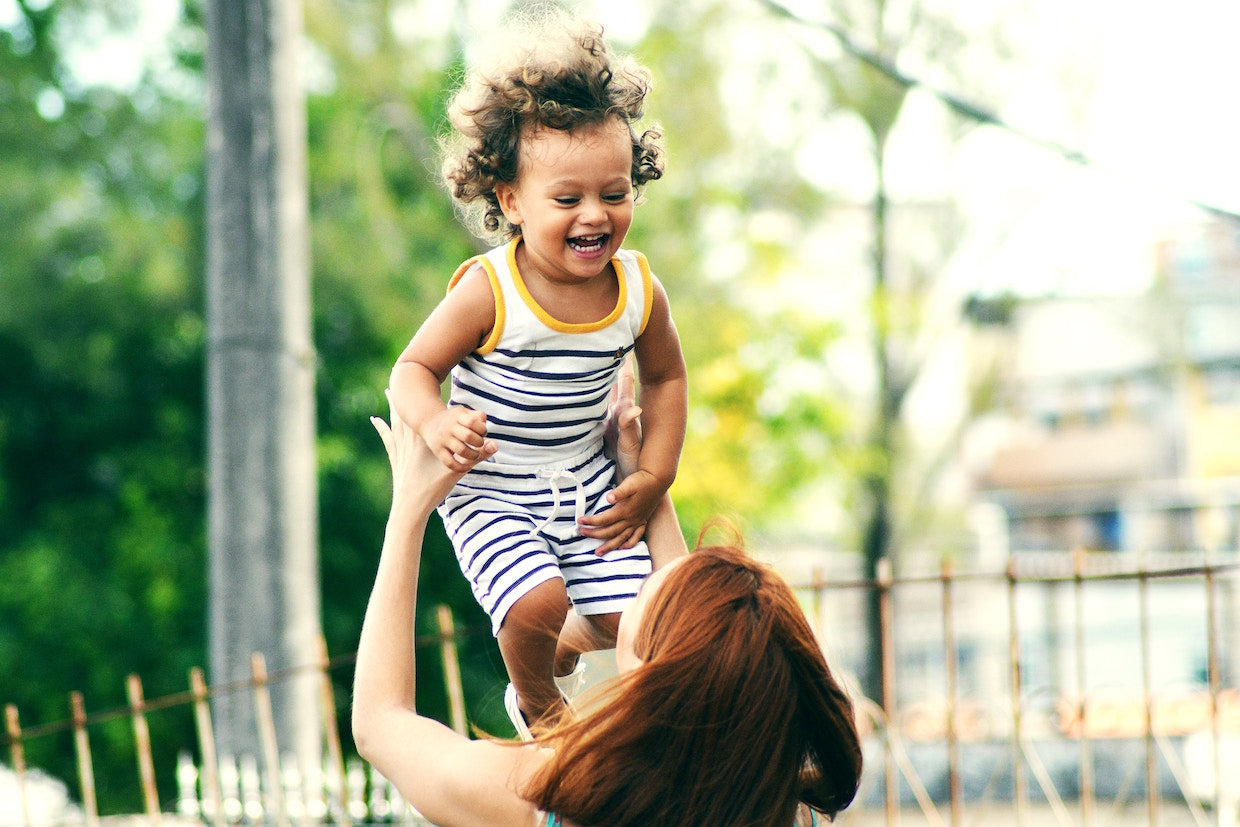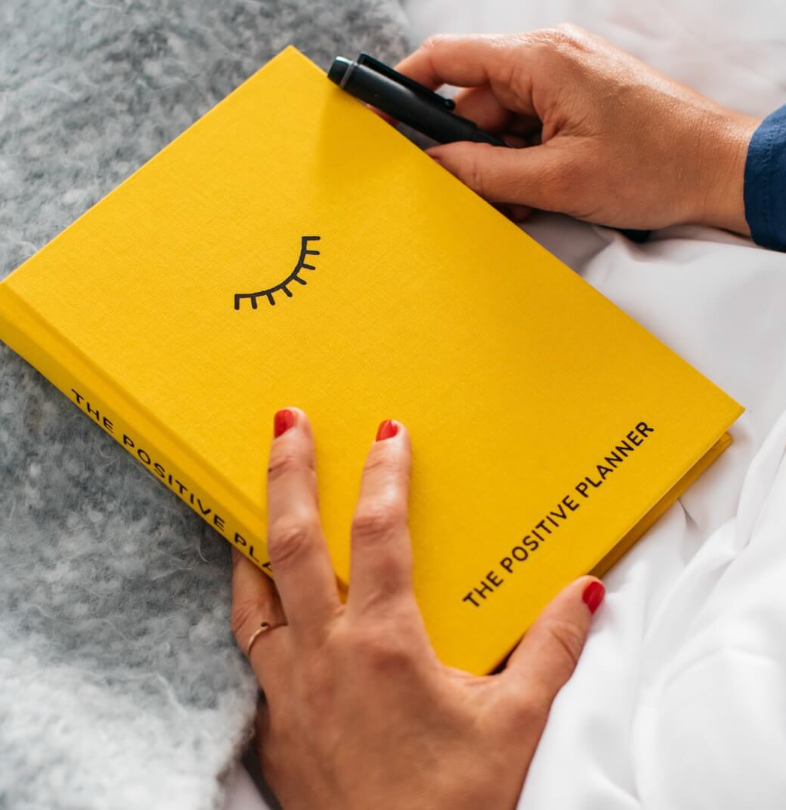
What if you’ve innocently taken on the wrong parenting responsibilities? The good news is that the job you really
do have energy for involves less than you thought…
You are not their protector
It’s true our role is to stay attuned to danger when our young children depend on us for safety and survival. Yet, we expend so much energy striving to protect our children from suffering and upset when these things are an inevitable and necessary
part of how children build resilience and connect to their innate wisdom.
Suffering and upset are part of the normal human experience, of understanding how we
project ‘false data’ on the world around us by believing our thinking.
Can we raise children in a loving, encouraging, good-humoured environment while recognising that we still can’t protect children from having low thoughts, scary dreams or grazed knees?
Maybe the job is simply to notice how we respond to our children’s upset instead - can we trust that in those moments when their thinking obscures their sunny disposition, or when pain is felt in their bodies, that our children have a beautiful, capacity to return to wellness time and again?
We can’t protect our children from sadness any more than we can from joy. If we can love our children through all their moods, free of anxiety and responsibility-weary guilt, maybe we can become
powerful models of self-acceptance and trust.
You are not their 24/7
Humans are instinctively social - primed to engage from the get-go. Attachment parenting is often interpreted as a 24/7 commitment to being, quite literally, attached. Anthropologically it’s not the norm and
many exhausted lone modern mothers will tell you it’s not healthy. Take opportunities to care for yourself and pass your precious child to other loving arms.
Given that our children live in the environment of our feelings it’s helpful to notice our feeling state when we pass the child over - is it with fear and anxiety or relaxation and gratitude?
There will be times when only you will do for your child. But the more trusted connections your child develops, the stronger
all their bonds become. You are not failing your child if you are not with them all the time for it is your unfulfilled life they will feel and notice. Resentment, fatigue and guilt will create disconnection, not the time spent apart.
Although children’s sophisticated
internal alarm systems might go off during separation, the nervous system also knows how to identify safety. Separation makes us vulnerable and so our children, more than anything, want to rest in secure loving attachments. This doesn’t mean you can’t have time alone as an adult for fear of setting off your child’s alarm system. It simply means that knowing your own limits and the limits of your child is a constant dance and supporting your child’s other attachments is vital in creating sustainable care-giving.
You are not their fixer
Children present us with myriad ‘problems’ every day - some real and some which only exist in our imagined thinking. It’s easy to focus on what kids can’t solve as that’s invariably when we get called in. When we’re not looking though, our
creative and playful children are finding novel solutions in many situations.
Yet how often do we invite our child to find their own solution? It’s easy to believe
we have to fix their problem - it’s part of our innocent misunderstanding that by fixing the child’s problem their suffering will disappear without helping them to see how they are ‘feeling’ their thinking. Likewise, the voice that says ‘if I can’t fix I’m a bad parent’ innocently forgets there can’t be external causes for the child’s unhappiness.
We momentarily lose sight of where our feelings are coming from and inadvertently teach the child to look in the wrong place for the cause of their feelings.
What if our ‘fixing’ robs the child of opportunity to find their own solutions or to understand that they are feeling their thinking and not their circumstances? What if by jumping in
we discretely tell children we don’t trust them? When we fix, who are we really doing it for?
Invite your child’s unique perspective by asking…'
how do you see your way forward?’ or '
what feels for you like the right thing to do?’. Finding their own solutions is a gloriously messy process and invaluable gold in the mistake-mine of life.
You are their environment
So what is your job? You are the nurturer and your child a seedling. You can’t sit endlessly watching over your plant, nor can you protect it from the occasional slug or change the weather. But you can feed the soil and offer warm-hearted attentiveness. Your can recognise cloudy days as simply cloudy days, knowing the the sun is always waiting to reappear.
Your job is to support this growing plant, to trust it can evolve, grow strong and resilient enough to withstand the slug and thrive!
Your job is to create the conditions in which your child can fulfil it’s true nature - simply to allow the intelligence and creativity of all life to express itself founded on the understanding that our children are born in a state of pure mental well-being that naturally allows them to function in a healthy way.
 What if you’ve innocently taken on the wrong parenting responsibilities? The good news is that the job you really do have energy for involves less than you thought…
What if you’ve innocently taken on the wrong parenting responsibilities? The good news is that the job you really do have energy for involves less than you thought…



